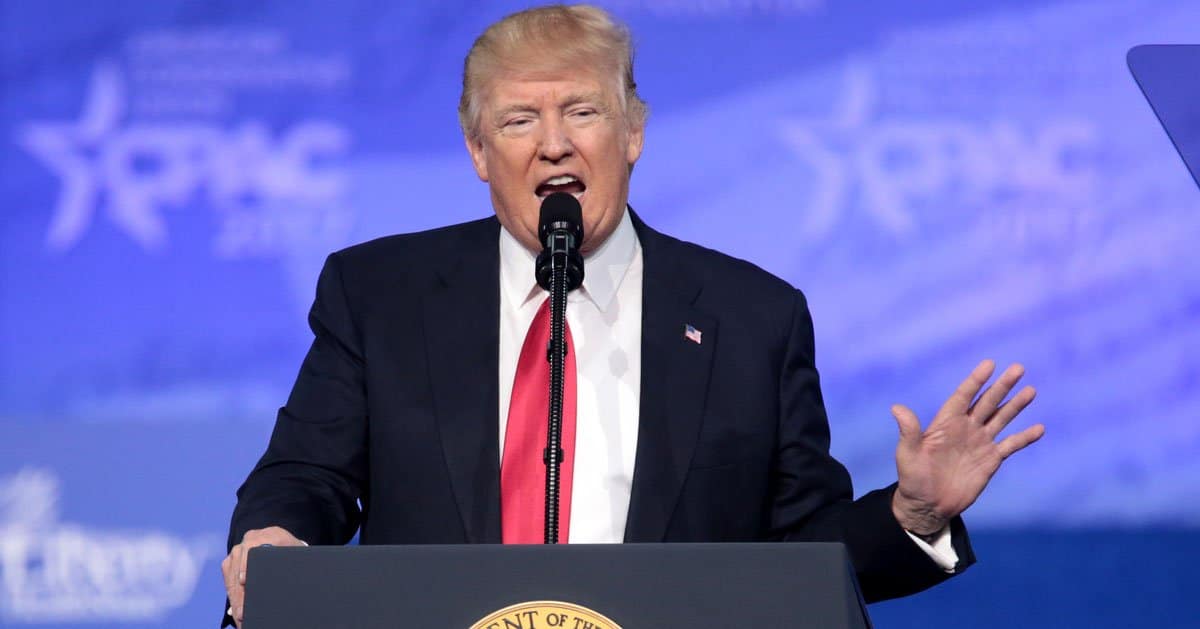








A Missouri court has significantly broadened the scope of a landmark lawsuit accusing federal officials of infringing free speech by allegedly pressuring social media platforms.
The Federalist reported that a Missouri court ruling has allowed the expansion of a historic free speech lawsuit, where federal officials are accused of coercing social media companies to suppress certain political content.
The case, Missouri v. Biden, originated in a Louisiana district court and involves allegations that federal agencies, including the Department of Homeland Security (DHS), the Federal Bureau of Investigation (FBI), and the Centers for Disease Control and Prevention (CDC), along with President Joe Biden, have been complicit in the censorship of content on platforms such as Facebook and Twitter.
In June, the U.S. Supreme Court ruled against granting a preliminary injunction for the case, emphasizing the need for a substantial basis for standing in federal court. Justice Amy Coney Barrett, writing for the majority, highlighted the rigorous standards required to establish standing in such significant constitutional challenges.
Despite the setback at the Supreme Court, the case was sent back to the district court in Louisiana for further proceedings.
This allowed the plaintiffs, which include the states of Missouri and Louisiana, as well as several doctors and citizens, another opportunity to present their claims.
Justices Clarence Thomas, Neil Gorsuch, and Samuel Alito dissented from the majority, pointing out the crucial implications for free speech, and suggesting the case’s potential to set a precedent concerning federal influence over private speech.
On November 8, Judge Terry Doughty of the Louisiana District Court ruled in favor of allowing the plaintiffs to conduct a more thorough discovery process.
This decision aims to enable the plaintiffs to gather sufficient evidence to demonstrate the alleged censorship orchestrated by the defendants.
"Because we find that Plaintiffs have demonstrated the necessity of jurisdictional discovery, and because their proposed discovery does not appear to be a jurisdictional fishing expedition—Plaintiffs shall have the opportunity to conduct such discovery," stated Judge Doughty.
The judge acknowledged that all prior evaluations of the case had indicated a violation of the First Amendment, underscoring the seriousness of the allegations.
The plaintiffs are required to submit a detailed proposal by November 29 that outlines the documents they seek from federal agencies and social media companies. This step is crucial as it could reveal internal communications that plaintiffs claim demonstrate direct censorship at the behest of the Biden administration.
Additionally, the potential addition of Robert F. Kennedy Jr., a recent presidential candidate, to the lawsuit was noted by Judge Doughty. Kennedy's involvement could bring significant public and legal attention to the case, especially if he assumes a role in a defendant agency under a new administration.
Jenin Younes, a lawyer with the New Civil Liberties Alliance, which represents the plaintiffs, emphasized the importance of transparency in these proceedings. "Our plaintiffs, who have been censored extensively on social media and targeted for suppression by government actors, deserve to know the extent of the government’s involvement in silencing them," she remarked.
The case has broader implications beyond the immediate legal battle. It involves significant discussion around the Chevron deference, a doctrine that influences how courts handle cases related to bureaucratic rule-making. This was a focal point in the Supreme Court's consideration of the case, with potential changes to this doctrine pending further judicial review.
As the lawsuit progresses, it remains a pivotal moment for free speech, governmental transparency, and the relationship between government agencies and private companies in the digital age.



